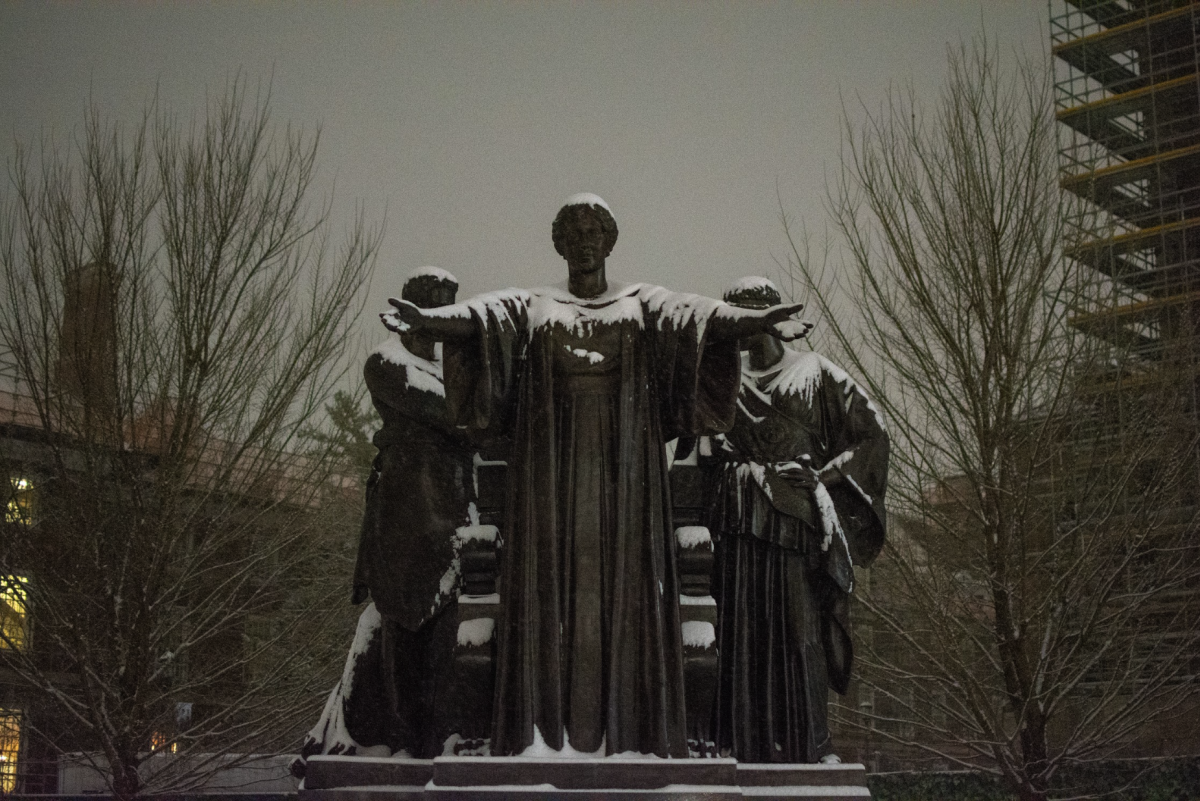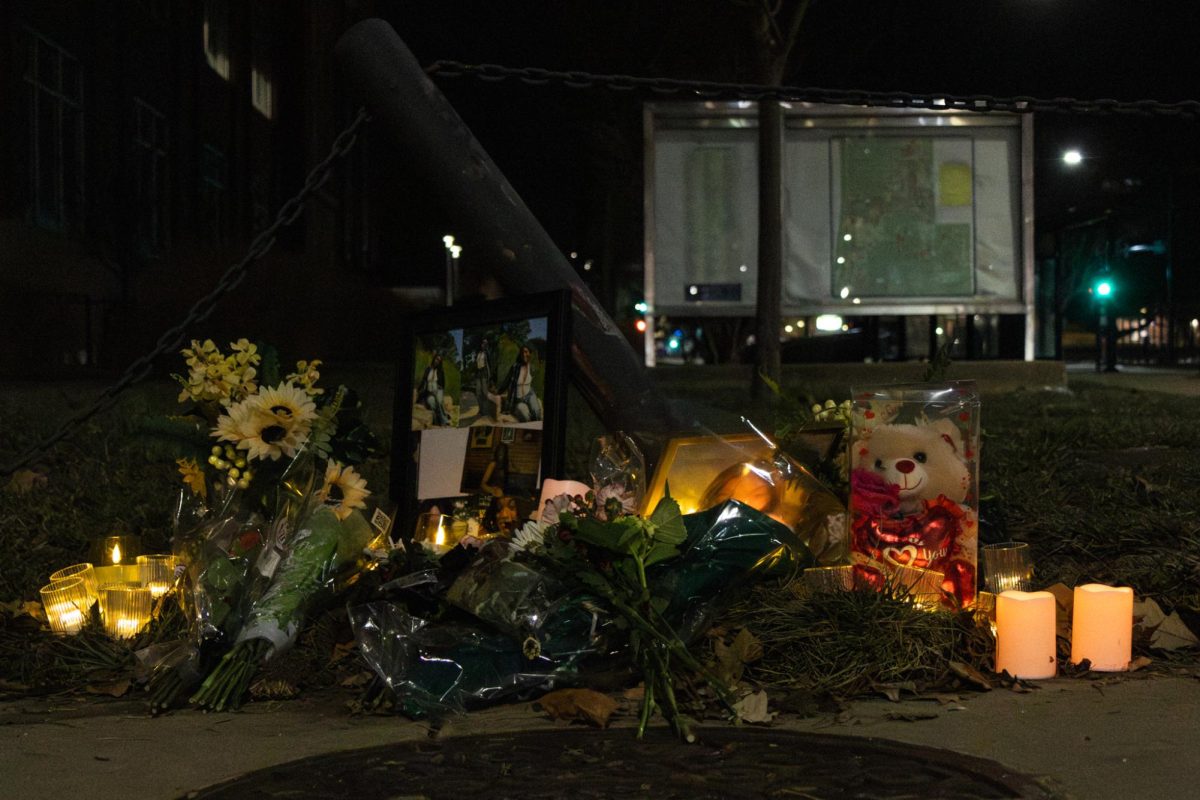Andrew Stevens, graduate student, is in the second year of his aerospace engineering masters program. Though the job market was fairly stable when he graduated as an undergraduate student two years ago, Stevens said he was lucky he decided to go to graduate school.
“At the time (of my graduation), the job market was high. Shortly after, my friends started to get laid off,” Stevens said. “So grad school was a smart economic decision for me.”
Even two years ago, Stevens said some of his friends were concerned about not being able to find a job.
“A lot of my friends applied to grad schools as a sort of fall back (plan) in case they couldn’t find jobs,” he said.
The Graduate College reported a record high 10,495 graduate students are enrolled at the University this semester.
Get The Daily Illini in your inbox!
This number marks a 4.27 percent increase from lasts years’ number of graduate students.
With the economy in a tailspin, the increase in the graduate school’s numbers makes sense, said Tracy McCabe, the assistant dean for external and alumni affairs for the College of Business.
“There is certainly a correlation between graduate school applicants and the economy,” McCabe said. “We have certainly seen an increase in applications this year. Students have decided to take advantage of these economic times to advance their degrees.”
The trend of rising enrollments at graduate schools is not just a local issue, said Stewart Heiser, spokesman for the Council of Graduate Schools. He also said universities all over the country are reporting similar figures.
“For this semester, applications to graduate schools for domestic students (from the U.S.) are up 8 percent,” Heiser said. “The median increase for admission to grad schools is up 2 percent.”
Heiser said these numbers represent a small portion of the issue.
The final numbers on the increase for fall 2009 graduate admissions for the country will not be out until November.
Though admissions to graduate programs are up throughout the country, there are some regions where the numbers might be higher than others, according to McCabe.
“States where the industry is hurting the most is where people are going to grad school in bigger numbers,” he said.
McCabe said the increase in demand for admission into these schools has positive economic implications for the graduate college.
“Two of our programs are full, but there are still some opportunities to get a degree in your desired field,” he said.
Amber Brookshire, graduate student, said that there were a variety of reasons she decided to go to graduate school.
“The economy was a pretty big factor, but my major basically requires a higher degree,” she said.
Even with her masters degree, Brookshire does not believe that she will get a higher starting salary or a better job offer when she graduates.
Still, McCabe said he believes that taking the time to further a student’s education during a lapse in the job market is a wise decision, and that it is very likely a graduate degree will be beneficial.
“Without a question, a graduate degree from the University of Illinois will set a person up for success in the workplace,” McCabe said.





